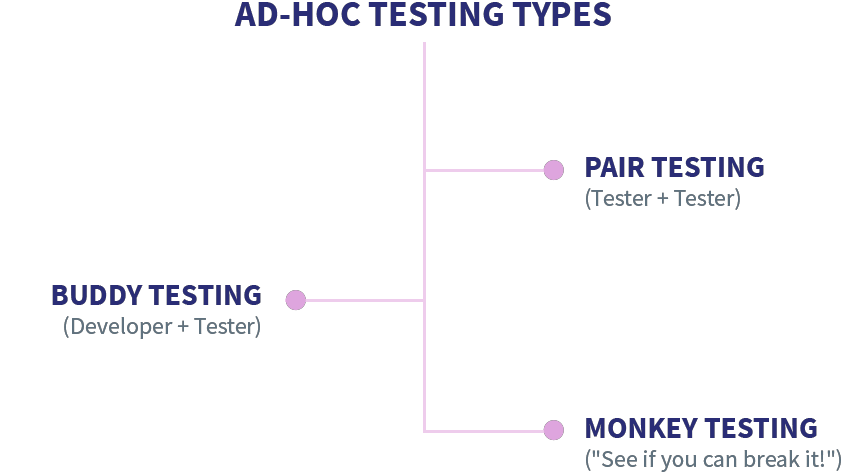Find Loopholes in Your Game
with Ad-hoc Testing
We perform multiple Ad-hoc testing sessions at every development stage to detect error-prone areas beyond the reach of structured testing and to make sure the game is bug-free.
Ad-hoc testing involves no documentation or planning and fits perfectly for the cases when there is not much time available to test. It can be applied at any stage of the software development life cycle, while also coupled with other testing types. Free from the need to follow the structured path, QA engineers get a chance to indulge themselves in examining the underlying game architecture and developing innovative testing strategies.
Nevertheless, performing top-notch ad-hoc testing requires excellent testing experience, skills at detecting potential error-prone areas, and understanding of the product and its functional requirements. The results of this testing type lay the foundation for developing more precise test scenarios covering all the critical modules.






